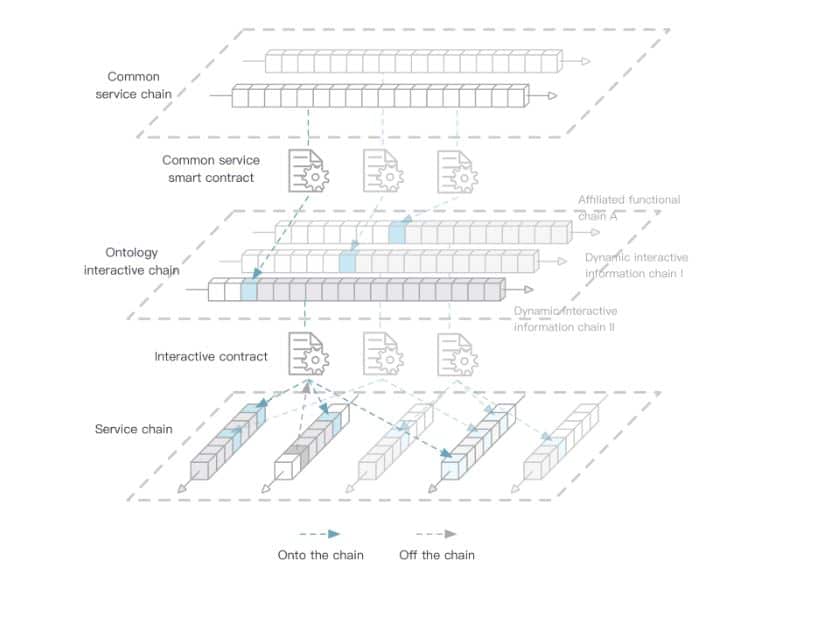Anyone that was holding NEO tokens on the 1st of March this year will begin receiving a portion of $42 million in ONT tokens this weekend.
What are ONT tokens?
These are the coins of the Ontology Blockchain , a project with a market capitalisation of around $608 million according to coinmarketcap.com.
According to its website, Ontology is "a new high-performance public blockchain project & a distributed trust collaboration platform." The Whitepaper describes it as a blockchain that can support an entire business world, from supporting other blockchains and traditional IT systems to connecting and verifying user identification.

Ontology
The choice of name is puzzling; ontology is defined in the Oxford English Dictionary as the metaphysical examination of the abstract self. Its whitepaper focuses a lot on the concept of trust ("Trusting those close to us can be the most natural form of trust. Sociologists put the number of people we trust at less than one hundred..."), so perhaps this is connected.
The mainnet system went live on the 30th of June and holders of relevant tokens must migrate there, using one of two methods explained by Ontology on related websites.
The airdrop was announced in March. Recipients include NEO users "for relevant cooperation and to support NEO community feedback".
What is NEO?
NEO is a platform that allows people to write their own smart contracts on it, like Ethereum. It has a market capitalisation of $2.2 billion.
It runs on a consensus system called Delegated Byzantine Fault Tolerance. This means that elected nodes validate the system but must reach a 66 percent consensus before any decision can be reached.
This system is faster than proof-of-work, and because the 'bookkeeper' nodes have their identity verified, they have an incentive to be active and play by the rules. One disadvantage is that power is very concentrated, and there will always be the possibility that nodes could collaborate to game the system.
The stated aim of NEO is to create a smart economy, that is, one which runs on smart contracts.
They are not connected
The Ontology Network is operated by a company called Onchain, the CEO of which is also one of the founders of NEO.
Da Hongfei, as he is called, explained once in an interview that neither of the two companies is owned by the other, but they are very similar and could one day be linked:
"First, I need to clarify that NEO and OnChain are separate entities, so OnChain doesn’t own NEO, or NEO, OnChain. They are separately funded – NEO is funded by the community, and OnChain is funded by a very famous financial group in China, Fosun. They bought a lot of insurance companies and banks in Europe. So they are separate. Second, OnChain benefits from the NEO ecosystem. The product, called DNA, is very similar to NEO, but it is written in the Go language. OnChain is helping other blockchains and financial institutions to build their blockchains with DNA. It’s basically very similar to NEO, and in the future, with NEOx (the crosschain protocol) everything can be linked together."
The NEO Council will receive 20 million ONT tokens in total.


















